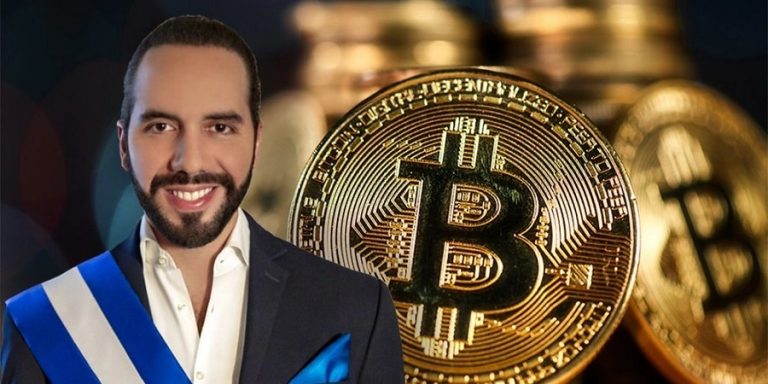
El Salvador’s officials have released a statement debunking rumors that the country’s Bitcoin wallet was breached by a hacker group CiberInteligenciaSV.
The official of the Salvadoran Bitcoin wallet (Chivo), via a press release, stated that its users’ data and the wallet’s source code are protected, denying allegations of its links to a hack that exposed the personal data of over 5 million Salvadorans.
Part of the press release reads,
Register for Tekedia Mini-MBA edition 19 (Feb 9 – May 2, 2026): big discounts for early bird.
Tekedia AI in Business Masterclass opens registrations.
Join Tekedia Capital Syndicate and co-invest in great global startups.
Register for Tekedia AI Lab: From Technical Design to Deployment (next edition begins Jan 24 2026).
“In regard to the fake news circulating in news outlets and on social media. We want to inform our users’ data is protected and CHIVO security has not been breached. The information recently leaked is from a single CHIVO ATM located in the department of San Miguel that was stolen on March 21, 2023. One individual accessed information related exclusively to that ATM’s operations. This leak contains no personal data, and it does not put any of the confidential information from our wallet at risk.”
The organization also referred to a recent source code hack posted by the same actor that leaked the 5+ million database, stating that the files presented did not include personal data. The files leaked correspond to the storage in a Chivo ATM that was stolen on March 21, 2023, and included information related exclusively to the ATM’s operations.
Chivo Wallet qualified the reports surrounding this leak and its links to its user data as fake news. However, there is still no source identified for the data released.
This move is coming after there were reports that El Salvador’s Bitcoin wallet Chivo, faced another security setback as hackers released snippets of Chivo Wallet’s source code and ATM network VPN credentials.
In their online message, the hacker group wrote,
“This time I am bringing you the code that is inside the Bitcoin Chivo Wallet ATMs in El Salvador, remember that it is a government wallet, and as you know, we do not sell, we publish everything for free for you”.
The report of the breach follows a separate incident a few days earlier when the same group released the personal data of 5.1 million Salvadorians, nearly the entire adult population. The hackers claimed that they carried out the action to punish the Salvadoran government over its refusal to engage with them.
Despite the El Salvador’s government efforts to promote Bitcoin adoption through Chivo, reports suggest that usage remains low. A Salvadoran newspaper had earlier reported that less than 2% of the population utilized the wallet for remittance payments, casting doubt on its effectiveness as a mainstream financial tool.
As El Salvador grapples with security concerns surrounding its state-run Bitcoin wallet, questions arise regarding the government’s ability to safeguard user data and ensure the integrity of its digital infrastructure.



